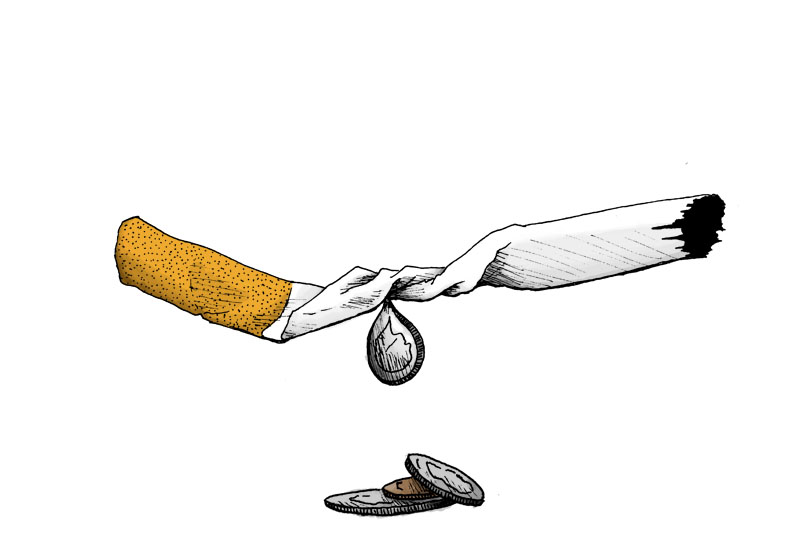The 55-cents-per-pack fee that the state of Texas, USA, imposes on smaller tobacco manufacturers is an unconstitutional tax, an appeals court ruled, according to Courthouse News Service.
House Bill 3525, which Texas lawmakers approved in 2013, levied fees on tobacco companies that did not participate in the 1997 and 1998 settlements Texas reached in the Master Settlement Agreement with Philip Morris Inc, R.J. Reynolds, Brown & Williamson and Lorillard.
When the Legislature passed HB 3525 to protect the Big Tobacco settlement funding, the Texas Small Tobacco Coalition and manufacturer Global Tobacco filed suit in Travis County Court.
They challenged the fee as a tax in violation of the Texas Constitution, which requires taxes to be “equal and uniform.” They also argued the fee violated the equal protection clause and due process clause of the U.S. Constitution.
In granting the plaintiffs summary judgment and entering a permanent injunction, the trial court found the new law unconstitutional “in its entirety.” A three-judge panel with the 3rd District Court of Appeals unanimously affirmed the ruling Friday.
Protecting the market share of one company over another “does not justify the unequal treatment of identical products,” Justice David Puryear wrote for the court. “Few would take issue with goals of reducing underage smoking or recovering costs of medical care related to smoking,” the 10-page opinion states. “However, imposing a tax on only one class of identical products is not equal and uniform under Texas law and cannot be upheld.”
“Only two other [U.S.] states, Minnesota and Mississippi, have assessed a per-cigarette tax on non-settling manufacturers,” Puryear wrote. “The other states established ‘escrow statutes’ that require tobacco manufacturers other than Big Tobacco to either join the master settlement agreement as a subsequent participating manufacturer or remain a non-participating manufacturer. In escrow-statute states, non-participating manufacturers must make annual deposits into escrow accounts, creating ‘a pool of funds from which settling states may secure damage awards from [non-participating manufacturers] for any successful cigarette-related claims.’ After twenty-five years, funds remaining in the escrow accounts, along with any earned interest, are returned to the non-participating manufacturers.”
 Tobacco excise was increased by 10 percent in New Zealand from the beginning of this year, according to a Radio New Zealand story.
Tobacco excise was increased by 10 percent in New Zealand from the beginning of this year, according to a Radio New Zealand story.


